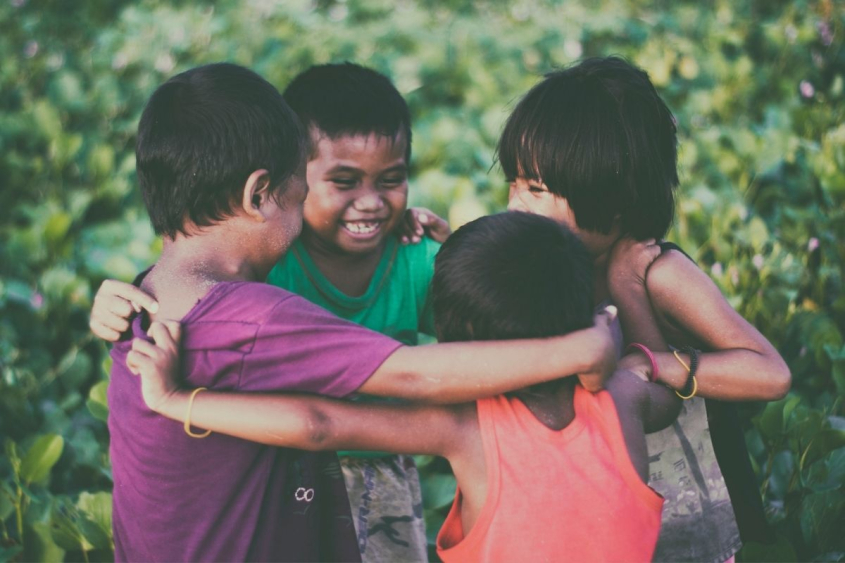
October's Paper of the Month is from the British Journal of Nutrition and is entitled: 'Assessment of the World Food Programme Summer Camps in Lebanon: a model of effective interventions for vulnerable adolescents' by Claire El-Jor, Berna Rahi, Myriam El Khoury Malhame, Lama Mattar, Soha Moussa and Nadine Zeeni.
Since 2017, the World Food Programme (WFP) in Lebanon has been offering a yearly “Health and Nutrition Summer Camp” program that hosts up to 3000 students aged 12 to 14 years old. The programme aims to improve the children’s physical, mental, and social wellbeing while also contributing to better social cohesion between at-risk Syrian and Lebanese children. This programme is of great significance given the high vulnerability of these children with research showing a high prevalence of unhealthy eating habits and lifestyle behaviors (e.g. tobacco, alcohol, drug use) as well as violence and mental and sexual health issues.
The main objective of our study was to determine to what extent the 2019 WFP summer camps improved the participants' nutrition and health (physical and mental) knowledge, their life skills knowledge, as well as their social cohesion. To do this, pre- and post- tests and focus groups were conducted with students, as well as key informant interviews with various stakeholders (camp managers, WFP representatives, area managers etc..).
The results were optimistic, revealing that student scores related to nutrition and life skills improved after completing the summer camps. This increase paralleled the focus group results, with students requesting more fruits and vegetables, indicating an overall rise in awareness of the importance of healthy nutrition which is of particular importance given the rising prevalence of childhood obesity in Lebanon. In addition, there was a positive attitude towards the summer camps from students, instructors, and administrators especially regarding the integrated and holistic content delivered, snacks provided, and general atmosphere of fun and learning. The main weaknesses identified were the short time to prepare for the camps, shortage in instructor training, and short camp duration. There was also some controversy about sexual and reproductive health-related topics and how they should be delivered.
The main suggestions for future WFP health and nutrition summer camps include:
• Earlier planning and establishment of more partnerships, especially with other UN agencies to come up with one unified program.
• Enhanced facilitator screening and training to ensure uniform high-quality delivery of educational messages.
• Systematic referral systems for all detected cases at risk for health, nutrition, or social issues.
• Improvement of the Child and Adolescent Health module by revising the way that sensitive sexual and reproductive health content is delivered given the distinct cultural context in Lebanon.
• Incorporation of more hands-on play-based activities which may also help in enhancing social cohesion.
All in all, this is an admirable initiative for incorporating an integrated approach in the support of education and development among vulnerable children and adolescents, and it is definitely worth repeating and expanding on. As mentioned by one of the key informants, “It has to be holistic, and it has to be following the definition of health from the World Health Organization. It is physical, social, emotional. If you’re from a vulnerable area, from a vulnerable background, then your risk of having 1 or all of those 3 destabilized is much higher.”
We are proud and honored to be part of such an initiative that contributes to the physical and mental wellbeing of our community. It was truly heartwarming to see the children learning and having fun during these camps. Here’s to more summertime fun and learning!
